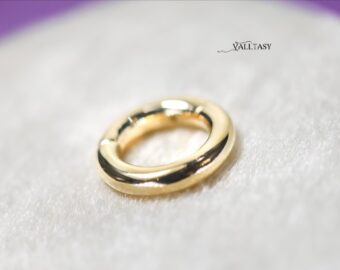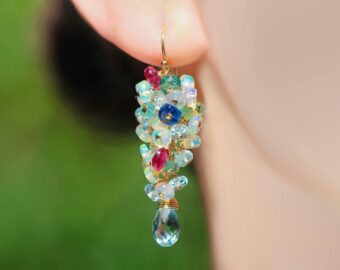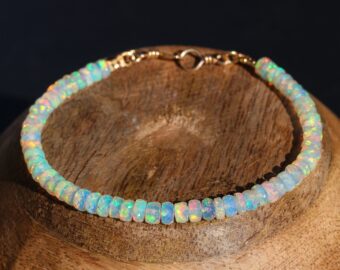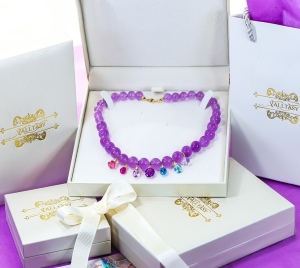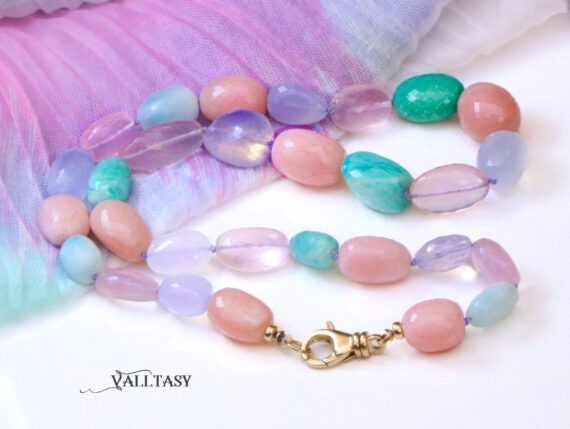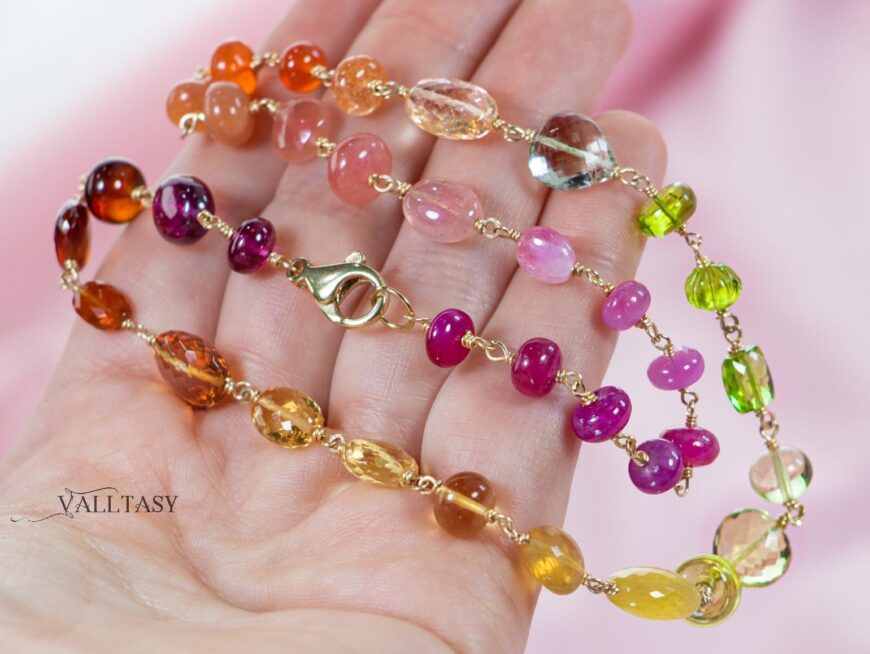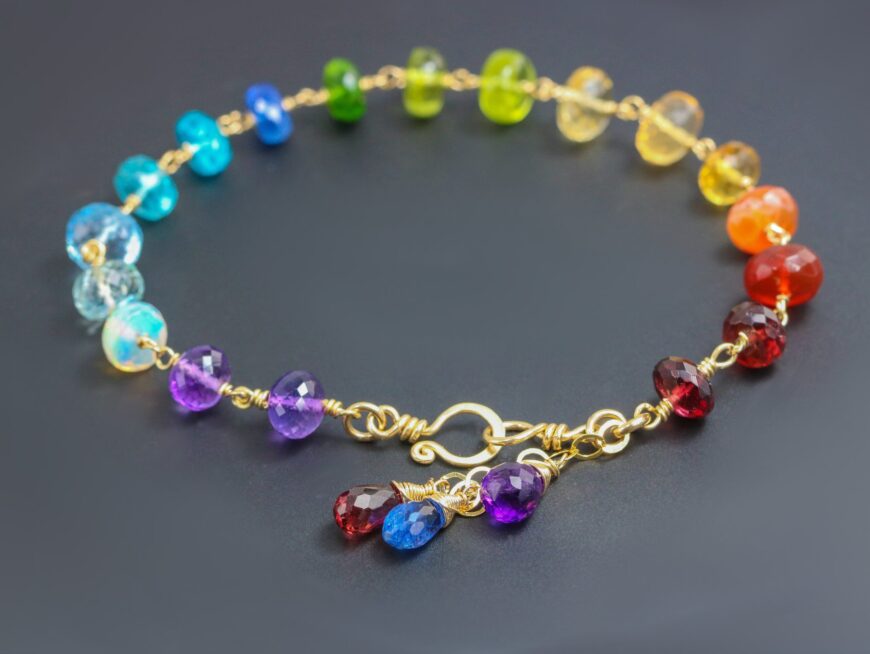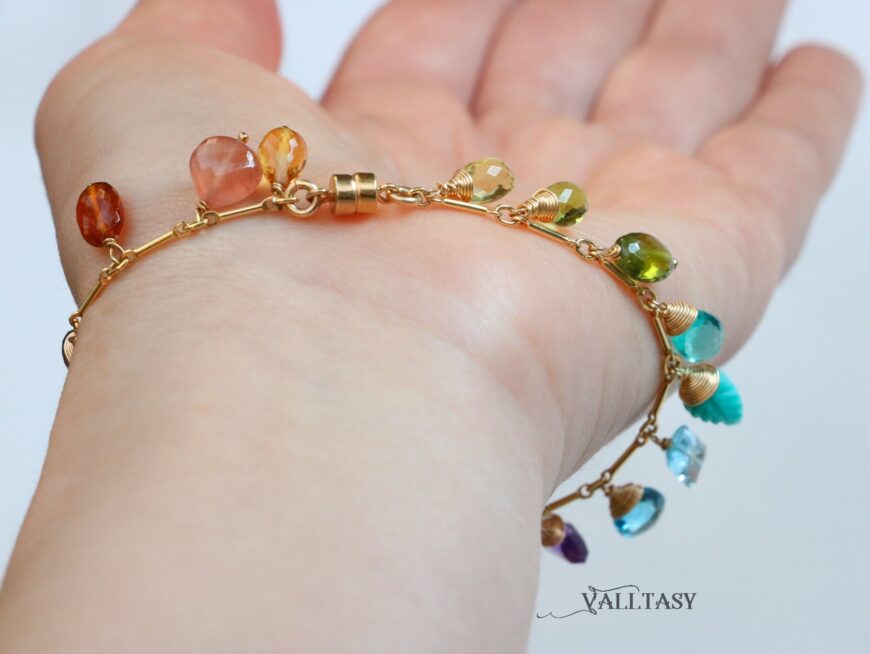No items in the cart
Blog
3 Common Jewelry Clasp Types – A Guide
When choosing a piece of jewelry like a necklace or bracelet, most people focus on how the chain or cord looks or the charms and pendants that are attached. But the clasp, which allows you to secure the jewelry around your neck or wrist, is an equally important detail that shouldn’t be overlooked. The type of clasp you select can make your jewelry easier or more difficult to put on and take off. It also impacts the overall look and feel of your accessory. Here’s an overview of some of the most common jewelry clasp types to help you choose the right option.
Lobster Clasps
One of the most popular types of clasps, the lobster claw gets its name from its resemblance to the claw of a lobster. The latch on this clasp snaps securely into place, keeping your bracelet or necklace from slipping off. Lobster claw clasps come in spring rings, toggle, and magnetic varieties. They’re easy to use with one hand and provide a symmetrical look.
Hook Clasps (or Artisan Clasps)
Hook clasps do just what you’d expect – a hook fits into an eye loop to close the clasp. They tend to be simpler in design compared to lobster clasps but still offer a secure closure for most lightweight chains and cords. Hook clasps come in a range of metal types and finishes and they should firmly and reliably secure your bracelet or necklace.
Magnetic Clasps
Magnetic clasps offer a very smooth, seamless closure that aligns and secures themselves automatically using powerful, tiny magnets. There’s no need to struggle with a tricky latch. Magnetic clasps are usually barrel-shaped or flat with magnets embedded inside each end. Their magnetic pull brings both halves together tightly when brought close. Magnetic clasps are ideal for those who have difficulty maneuvering smaller latches.
There are pros and cons to each of these common jewelry clasp types. Your personal style preferences and the type of jewelry you’re wearing can help determine which option works best. But no matter what clasp you choose, make sure it’s made from quality material built to last through years of wear. The right clasp effortlessly brings both ends of your jewelry together with beauty and function in balance.

